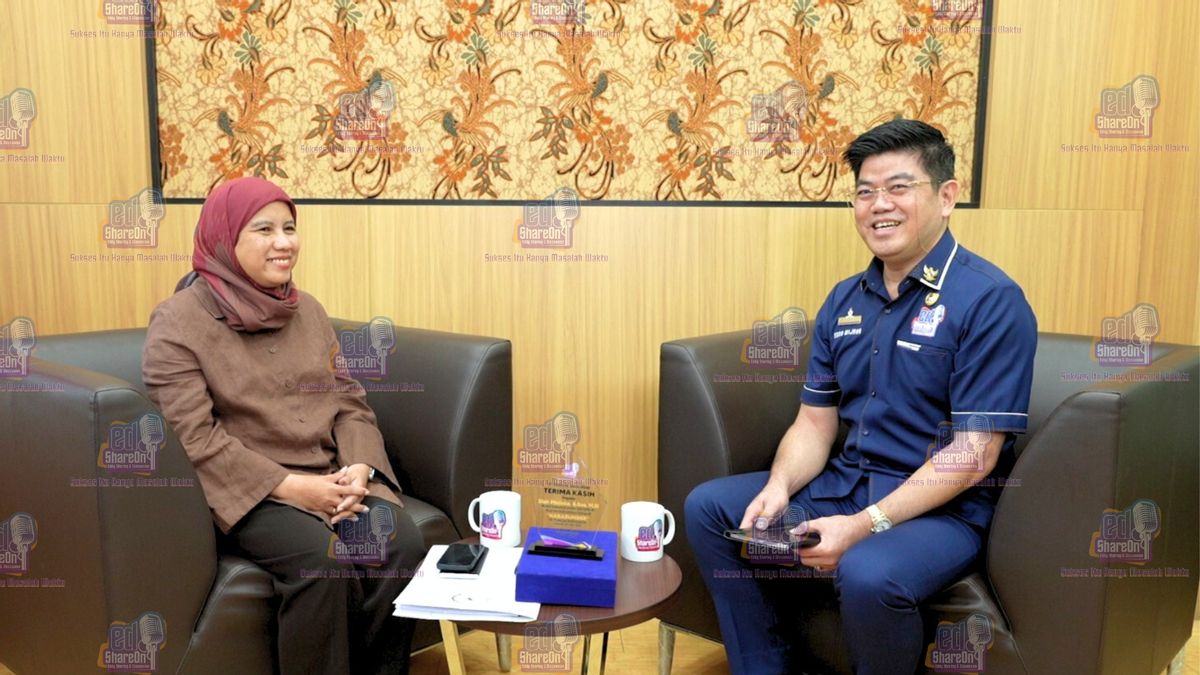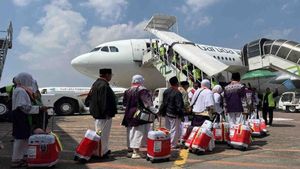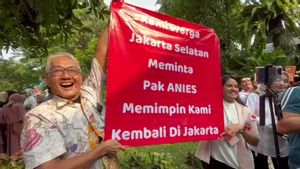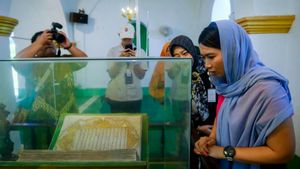JAKARTA - Deputy Chairman of Commission VIII DPR RI Diah Pitaloka highlighted 100 thousand Indonesians who refused to return to Indonesia after performing the Umrah pilgrimage, because they were suspected of illegally performing the pilgrimage. According to the PDI-P politician, this incident would not have happened if the government could take firm policies regarding their stay in the Holy Land.
"It should be limited at the time of visa issuance until before the Hajj season. I think it's fairer," Diah told the host Eddy Wijaya on the EdShareOn podcast which aired on Wednesday, June 12, 2024.
Diah stated that Hajj is a pilgrimage that is coveted by Indonesians. Therefore, many of them try to take advantage of the long span of Umrah visas to perform the pilgrimage. But on the other hand, Saudi Arabia as the organizer of the pilgrimage, has also made a policy to prohibit people who do not have a pilgrimage visa from entering the Holy Land.
'Don't let them be deported because this is what harms residents. We also don't feel good seeing this deportation phenomenon. The impression is that our residents force Hajj even though their visa is still valid. Unless they don't have a visa, that's wrong.'
He also hopes that the Government will immediately take action against the 100 thousand Indonesian citizens who are still surviving in Mecca. He considered it not too late because Indonesia's diplomatic relations with Saudi Arabia were very good. We can still take diplomatic steps for the safety of our congregation," he said.
SEE ALSO:
As Deputy Chairperson of Commission VIII of the Indonesian House of Representatives, Diah also made a major contribution to the ratification of the Maternal and Child Welfare Act in Phase 1,000 Days of Life or often abbreviated as the KIA Law. One of the articles in the spotlight in the regulation is that mothers with worker status can be on maternity leave for up to 6 months.
According to Diah Pitaloka, the article had become a debate because some companies had not been able to implement the policy. But in the end, it was decided that mothers who were workers were required to be on leave for three months. Then the next three months can take leave on special conditions.
This special condition means that the mother has problems with childbirth and the condition of the child is problematic. There is room for another three months off based on policies and agreements with the company as well as medical grounds. Well, I think that's a very wise approach," he said.
Diah Pitaloka also stated that the calculation of salary for workers who can get maternity leave for six months has also met a meeting point with the company. Namely, 100 percent salary during mandatory leave of three months. Then 100 percent salary in the first month of special leave, and 75 percent in the second and third months special leave. If the company, right, talks calculations. Take home pay for women is less than men. That's because of 10 thousand workers, the number of women is only around 100. Cook, 100 pregnant workers together?
Watch more on Youtube EdShareOn Eddy Wijaya. (ADV)
The English, Chinese, Japanese, Arabic, and French versions are automatically generated by the AI. So there may still be inaccuracies in translating, please always see Indonesian as our main language. (system supported by DigitalSiber.id)




















